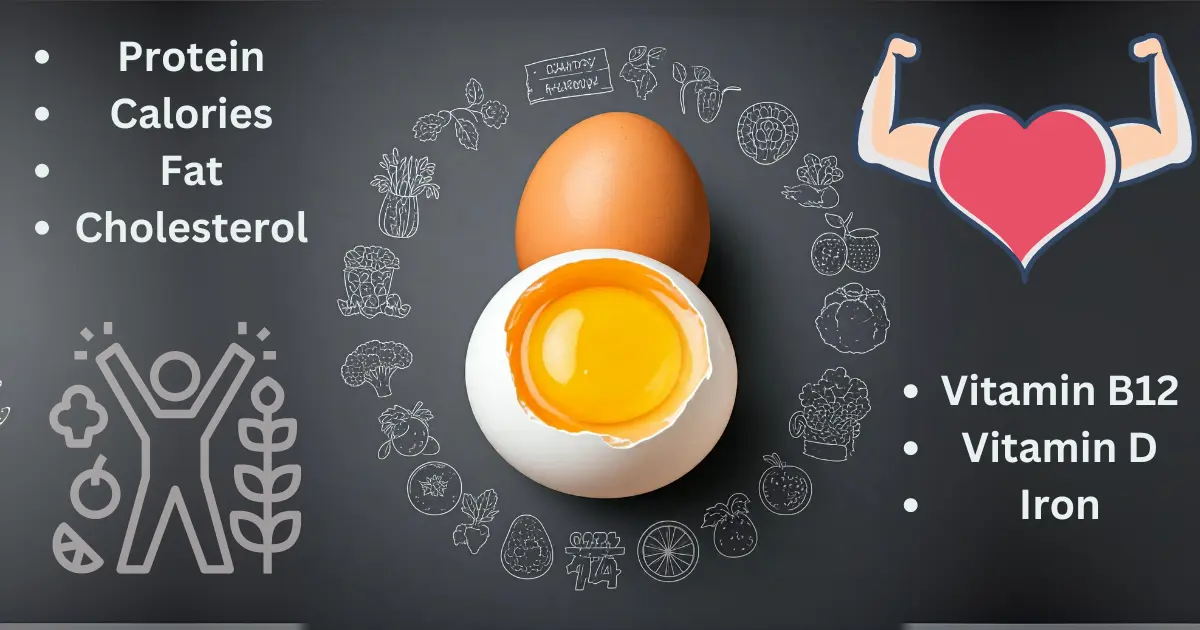Chicken and eggs are closely linked in our diets, but they also form the basis of the poultry farming industry. Chicken farming produces both meat and eggs, essential sources of protein.
Chickens provide two main products: meat and eggs. In the United States, chickens are a dietary staple due to their affordability and nutritional benefits. Eggs are an excellent source of protein, vitamins, and minerals, while chicken meat is lean and versatile.
Nutritional Comparison of Chicken Meat and Eggs
| Nutrient | Chicken Breast (100g) | Large Egg (50g) |
| Protein | 31g | 6g |
| Calories | 165 | 70 |
| Fat | 3.6g | 5g |
| Cholesterol | 85mg | 185mg |
| Vitamin B12 | 0.3μg | 0.6μg |
| Vitamin D | 0.1μg | 1.1μg |
| Iron | 0.9mg | 0.9mg |
The Role of Chickens in Sustainable Agriculture

Chickens play an important role in sustainable farming. They can convert food scraps and insects into valuable protein, reducing food waste and providing farmers with a renewable resource. Chickens are also used in regenerative agriculture, helping to fertilize soil through their manure.
Health Benefits of Eating Chicken and Eggs

Chicken and eggs are packed with nutrients, promoting muscle growth, supporting heart health, and boosting immunity. Eggs contain choline, which supports brain health, while chicken meat provides essential amino acids needed for muscle repair. To learn more about the benefits of fresh eggs you can check out article linked below:
Environmental Impact of Chicken and Egg Production
Chicken farming has a lower environmental impact compared to red meat production, using less water and emitting fewer greenhouse gases. However, intensive egg production can lead to environmental concerns, like waste and water contamination.
Choosing Ethical and Sustainable Chicken and Eggs

When buying chicken and eggs, consider options that prioritize animal welfare. Cage-free, free-range, and pasture-raised labels indicate better living conditions for chickens. Organic options also ensure that chickens are raised without antibiotics or hormones.
Chickens and eggs provide significant nutritional and environmental benefits. Choosing ethically sourced chicken and eggs supports animal welfare and promotes sustainable farming practices. This way, you contribute to a healthier lifestyle and a more sustainable world.
External Resources:
https://www.nass.usda.gov/Surveys/Guide_to_NASS_Surveys/Chickens_and_Eggs/index.php
https://usda.library.cornell.edu/concern/publications/fb494842n



